
Sheet glass is a type of glass that is produced in large, flat sheets. It is commonly used in various applications, including windows, doors, tabletops, and architectural glazing. Sheet glass is manufactured through a process called float glass production.The float glass process involves melting raw materials, such as silica sand, soda ash, and limestone, in a furnace. The molten glass is then poured onto a molten tin bath, where it spreads out and forms a continuous ribbon. As the glass moves along the tin bath, it gradually cools and solidifies into a flat sheet.
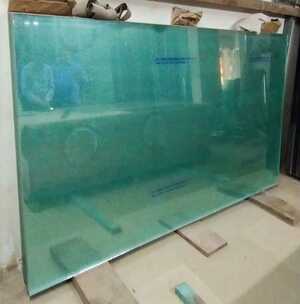
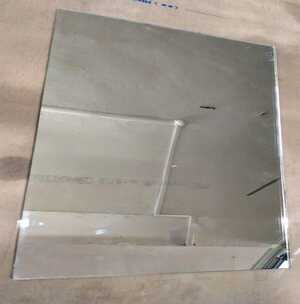
Mirror glass, often referred to simply as mirrors, is a specialized type of glass that has a reflective coating applied to one of its surfaces.The reflective coating on mirror glass is typically made of a thin layer of aluminum or silver. This coating reflects light and creates a clear and sharp reflection.The glass used as the base or substrate for mirrors is usually a high-quality flat glass known for its optical clarity. This glass provides a smooth and distortion-free surface for the reflective coating.
One of the primary advantages of laminated glass is its safety features. When the glass breaks, the interlayer holds the fragments together, preventing the glass from shattering into sharp, dangerous pieces. This makes it ideal for applications where safety is a concern, such as in automobiles and architectural settings.Laminated glass also offers enhanced security due to its ability to withstand impact and resist penetration. It is often used in applications like windows and doors in areas where security is a priority, such as storefronts, banks, and government buildings.
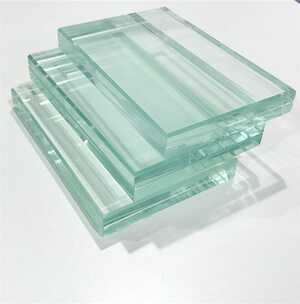
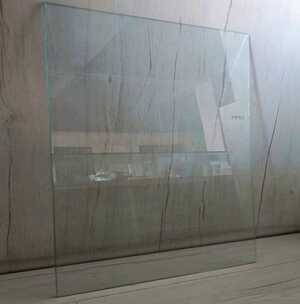
ain glass is available in various thicknesses to suit different applications. Thicker glass is generally used for larger windows or areas where additional strength is required. plain glass" is often used to differentiate clear glass from other types, such as tinted or patterned glass. The choice of glass type depends on factors such as aesthetics, privacy requirements, energy efficiency, and safety considerations.
Toughened glass is significantly stronger than regular annealed glass of the same thickness. When it breaks, tempered glass shatters into small, relatively harmless pieces with blunt edges, reducing the risk of injury compared to the sharp shards produced by broken standard glass. The enhanced safety aspect makes toughened glass suitable for various applications, especially in areas prone to impact or potential breakage.
Enquiry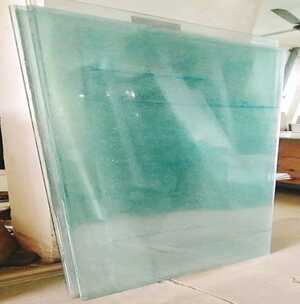
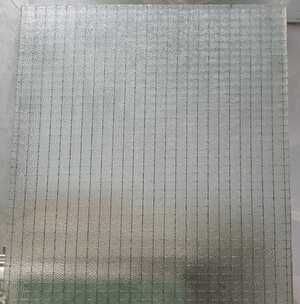
The embedded wire mesh provides additional strength to the glass, making it more resistant to impact and breakage compared to regular annealed glass. In the event of breakage, the wire mesh holds the broken pieces together, reducing the risk of injury from sharp glass fragments.Wired glass is commonly used in locations where fire-rated glazing is required, such as in fire doors, fire-resistant windows, and partitions.
EnquiryIt might refer to glass that has been tinted or stained to exhibit specific colors. Colored glass is often used for decorative purposes in architecture, art, and design.Some types of smart glass have the ability to change transparency or color in response to external stimuli like electricity, heat, or light. This technology is often used for privacy or energy efficiency. In scientific or optical applications, there are glasses or filters designed to manipulate or selectively transmit certain wavelengths of light.
Enquiry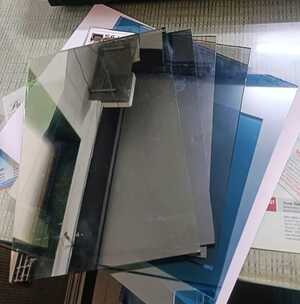
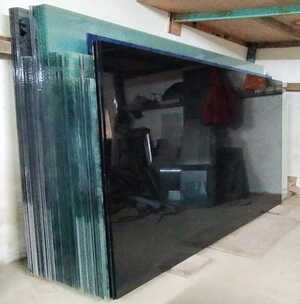
In buildings, tinted glass is used in windows, doors, and facades to control solar heat gain, enhance energy efficiency, and contribute to the aesthetic design of the structure. Tinted glass used in vehicles is subject to regulations that vary by region. There are often limits on the darkness of the tint to ensure safety and visibility for drivers and law enforcement.Tinted glass can also provide some level of protection against ultraviolet (UV) rays, which can be harmful to furniture, flooring, and occupants' skin.
Enquiryproduct from a specific manufacturer, or a specialized product within a certain industry, I recommend checking with local suppliers, manufacturers, or industry-specific sources for the most accurate and up-to-date information. Providing additional context or details about the term could also help in offering a more precise response.
Enquiry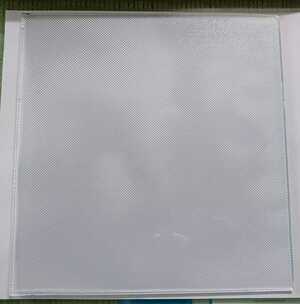
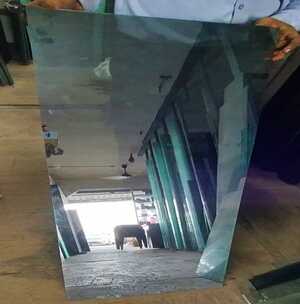
Reflective glass helps in reducing the amount of solar heat that enters a building, making it more energy-efficient by minimizing the need for air conditioning.It reduces glare caused by direct sunlight, providing a more comfortable environment for occupants.The reflective surface provides a degree of privacy during the day by making it challenging for people outside to see into the building.
Enquiry